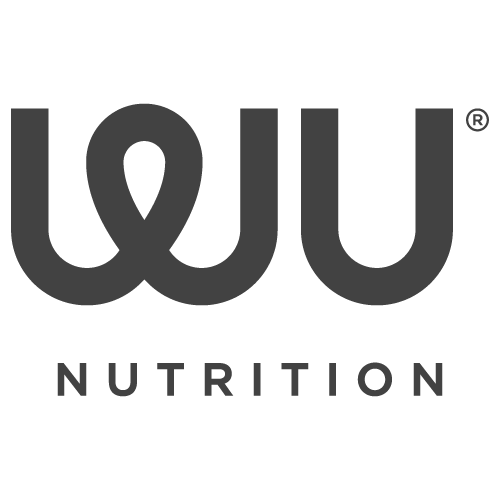What are they?

Food supplements are products with a concentrated form of nutrients such as vitamins and minerals or substances with a nutritional or physiological effect and are presented in the form of pills, capsules, liquids, etc. They may contain a variety of ingredients such as vitamins, minerals, amino acids, essential fatty acids, fiber, and plant extracts.
What are they for?

"Its only function is to increase, complement or replace any of the components that we acquire through the diet, that is, from the food and dishes that we eat daily; because some people do not get all the nutrients they need from their diet and therefore resort to food supplements to complement their diet." gob.mx
Supplements are not drugs and do not have the ability to treat or prevent disease or modify physiological functions.
In Mexico, dietary supplements are regulated as foods. There are laws like COFEPRIS that regulate the use of vitamins and minerals and the substances used to manufacture food supplements. For ingredients that are not vitamins and minerals, COFEPRIS has regulations to protect consumers against health risks and maintains a list of substances known or suspected of having negative effects on health and whose use is controlled.
Food supplements are allowed to have carbohydrates, proteins, amino acids, fatty acids, metabolites, plants, algae, traditional dehydrated foods and other ingredients allowed by the Secretariat. They may also include vitamins and minerals within the limits allowed by the Regulations for Sanitary Control of Products and Services, and additives allowed by the Agreement that determines the substances allowed as additives and adjuvants in food, beverages, and food supplements.
Food supplements must not contain procaine, ephedrine, yohimbine, germanium, animal or human hormones, substances with pharmacological action, or those that present a health risk. In addition, the use of plants of known toxicity is not allowed according to the Herbalist Pharmacopoeia of the United Mexican States (FHEUM) in the formulation of food supplements. The regulations for additives and processing aids established in the corresponding Agreement must also be followed. Manufacturers and distributors must avoid manufacturing or importing products with prohibited ingredients.
In summary , food supplements are an excellent option to complement or increase the nutrients in the diet, but it is advisable to consult a health professional before consuming them. It is important to note that supplements cannot substitute for formal medical treatment and that products that are advertised to cure disease are not dietary supplements. When choosing a supplement, it's important to be wary of over-promising, choose a custom plan, and be careful with natural ingredients, as some can be toxic. It is also important to research the time in the market and not fall for the hype of advertising.















